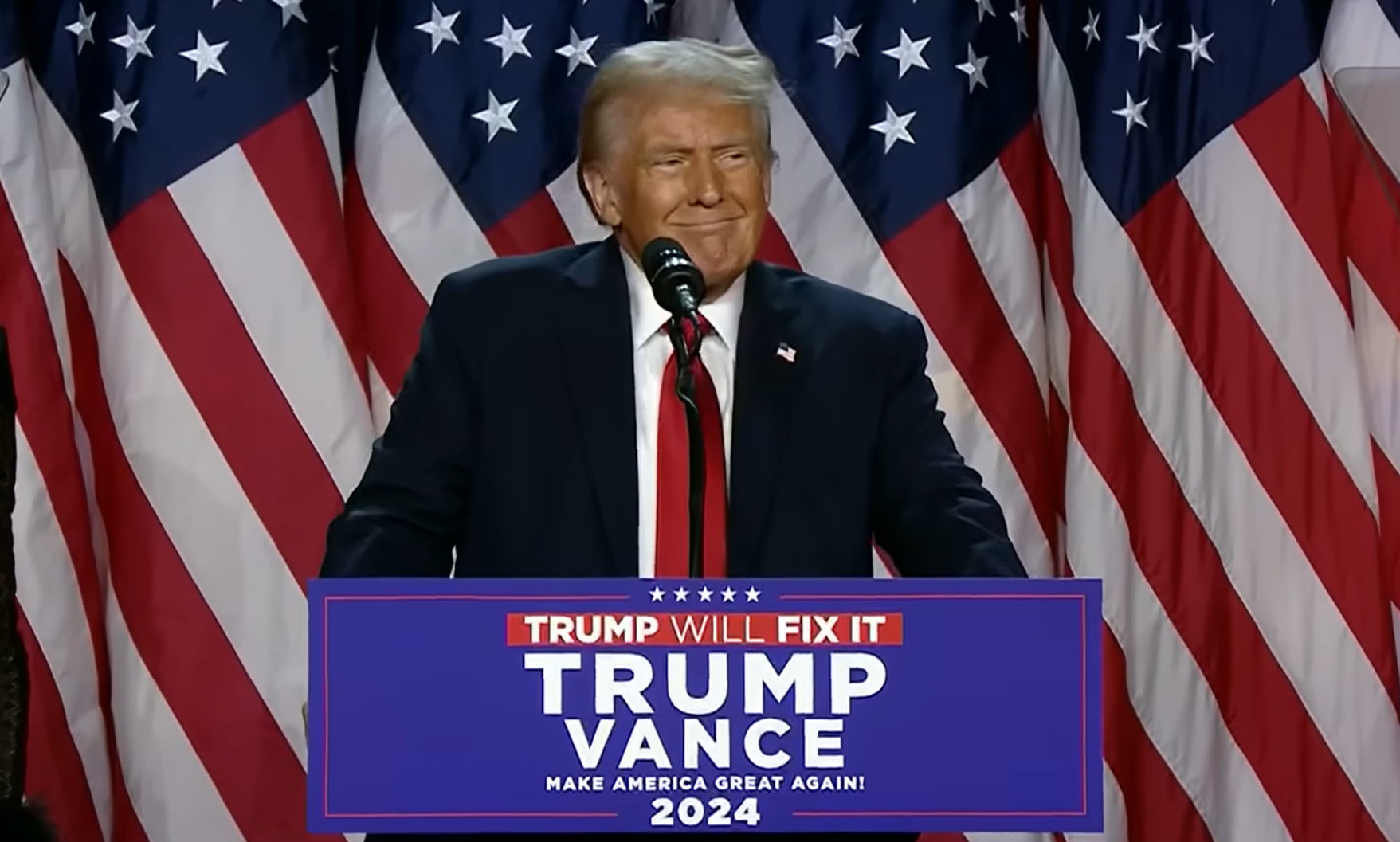Ezra Klein Argues Democrats Need to Learn to ‘Show Up’ In The Existing Media ‘Ecosystem’ After Trump Win

New York Times columnist and podcast host Ezra Klein dropped a lengthy post-mortem on Vice President Kamala Harris’s resounding loss to Donald Trump last week and argued for the left to “show up” in the “informational ecosystems that already exist.”
Klein began his lengthy post by noting these were some of his “thoughts from the conversations I’ve been having and hearing over the last week.”
“The hard question isn’t the 2 points that would’ve decided the election. It’s how to build a Democratic Party that isn’t always 2 points away from losing to Donald Trump — or worse,” continued Klein, the longtime political commentator and policy wonk, adding:
The Democratic Party is supposed to represent the working class. If it isn’t doing that, it is failing. That’s true even even if it can still win elections.
Democrats don’t need to build a new informational ecosystem. Dems need to show up in the informational ecosystems that already exist. They need to be natural and enthusiastic participants in these cultures. Harris should’ve gone on Rogan, but the damage here was done over years and wouldn’t have been reversed in one October appearance.
Building a media ecosystem isn’t something you do through nonprofit grants or rich donors (remember Air America?). Joe Rogan and Theo Von aren’t a Koch-funded psy-op. What makes these spaces matter is that they aren’t built on politics. (Democrats already win voters who pay close attention to politics.)
Many pundits and observers have chided Harris since her defeat for not going on Joe Rogan’s influential podcast, while Donald Trump and JD Vance took every opportunity possible to engage with new media and the so-called “manosphere.’
“That there’s more affinity between Democrats and the Cheneys than Democrats and the Rogans and Theo Vons of the world says a lot,” Klein argued, adding:
Economic populism is not just about making your economic policy more and more redistributive. People care about fairness. They admire success. People have economic identities in addition to material needs.
Trump — and in a different way, Musk — understand the identity side of this. What they share isn’t that they are rich and successful, it’s that they made themselves into the public’s idea of what it means to be rich and successful.
Klein concluded by arguing that Democrats also need to regain control over implementing both effective policy and governing in states where they have majorities. He made the case that California and New York need to grab the national consciousness as success stories or at least as doing better than Florida and Texas if the party wants to govern nationally.
“The most important question in politics isn’t whether a politician is well liked. It’s whether voters think a politician — or a political coalition — likes them,” Klein concluded, making the case that Democrats both through media and their actions need to show Americans they actually have their best interests at hear.
Read Klein’s full post here.






